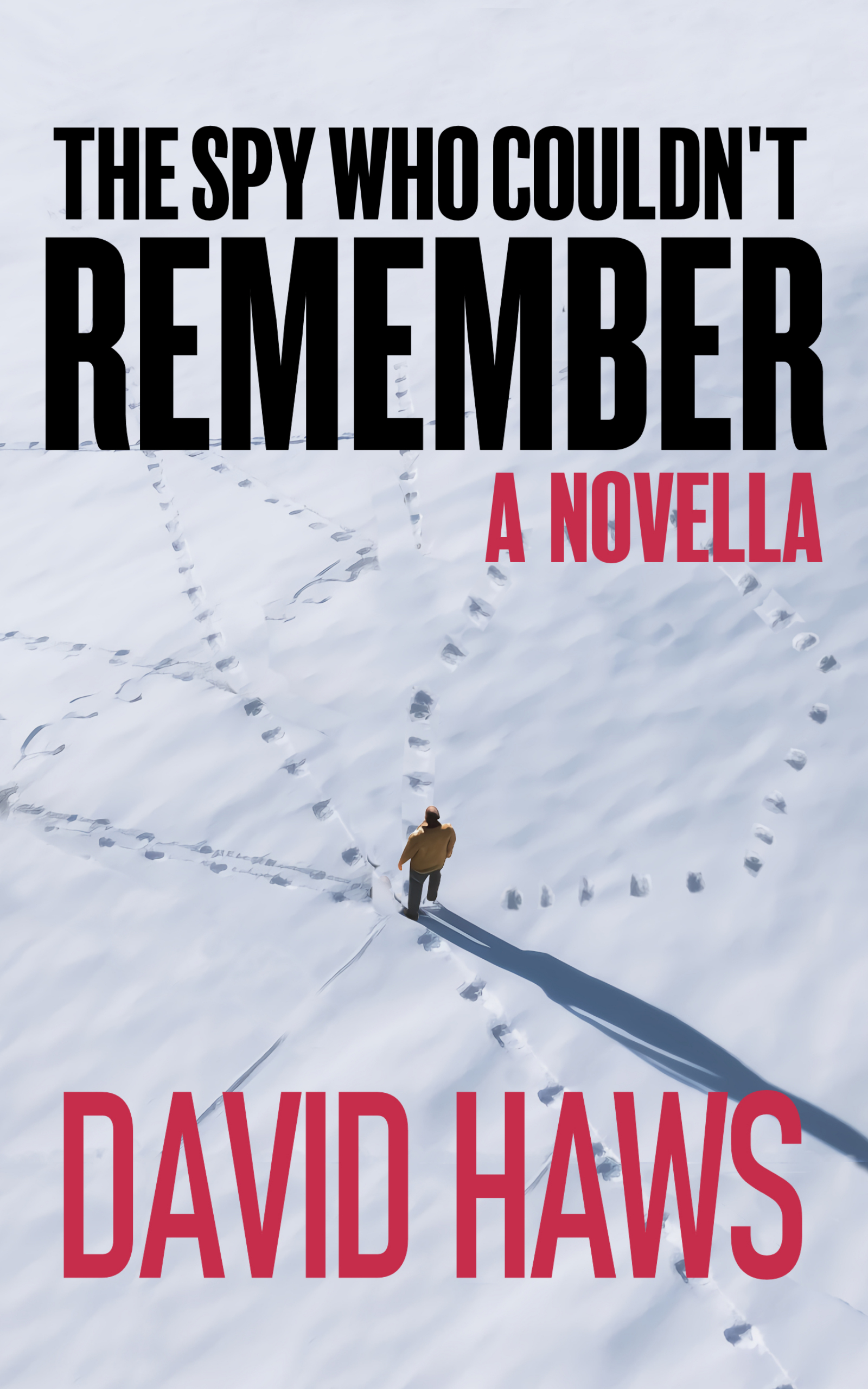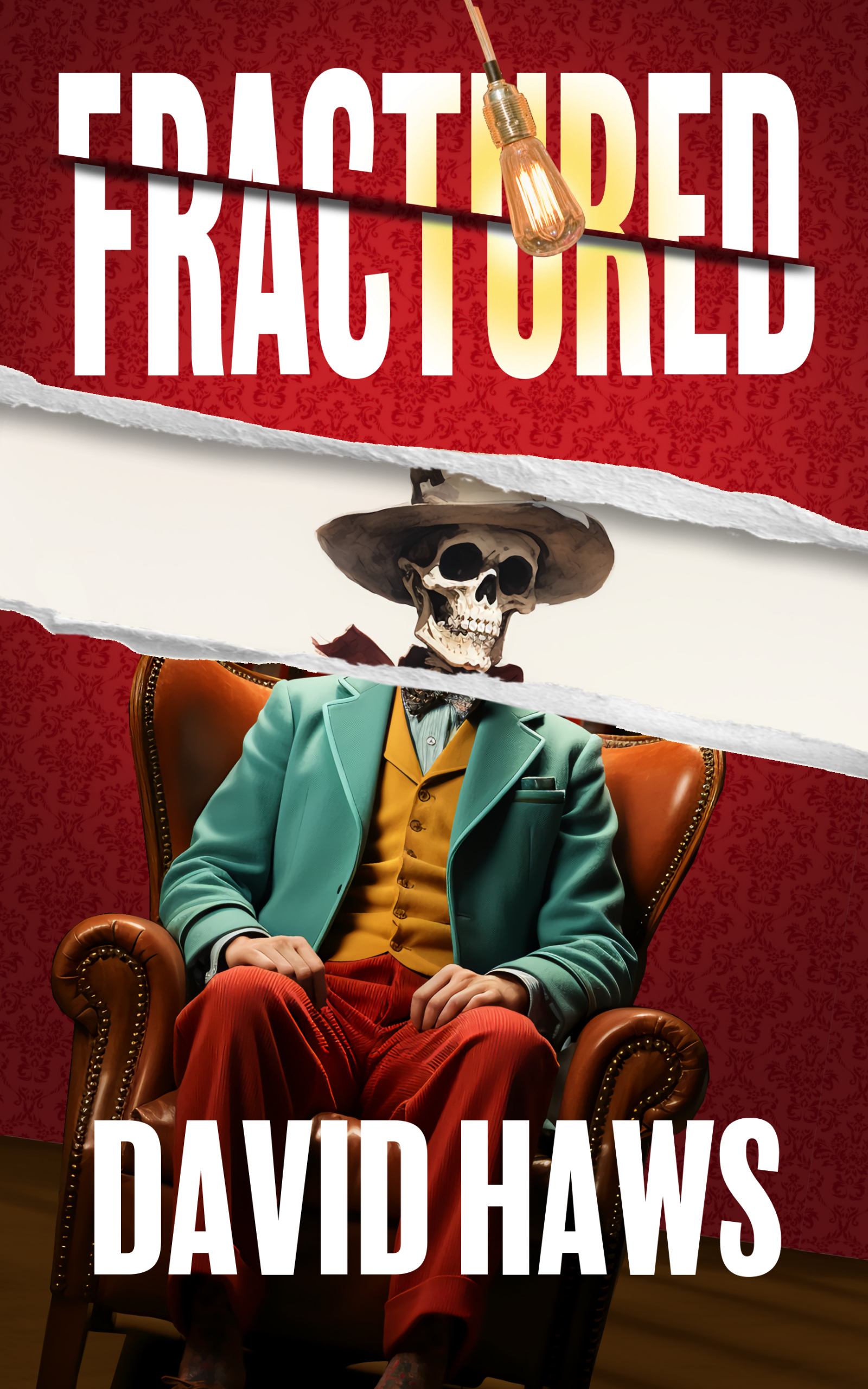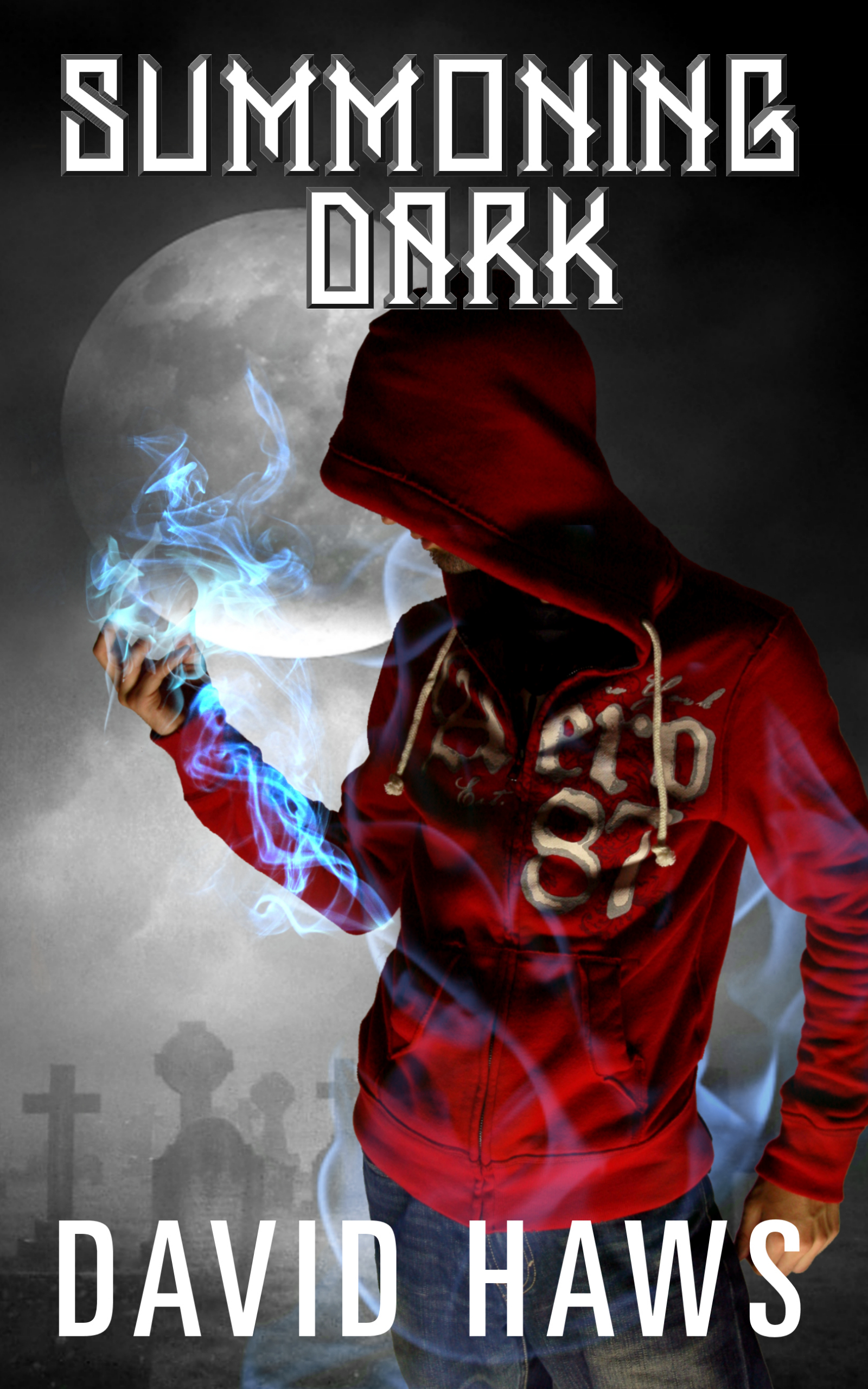B
onus Q&A with David Haws: Unveiling the Memory Maze of "The Spy Who Couldn’t Remember"
Q1: "The Spy Who Couldn’t Remember" is a delightful blend of comedy and espionage. Can you share the spark that ignited the idea for this novella, merging elements of "50 First Dates" and a James Bond-esque spy thriller?
David Haws: It all started with a playful game of combining random movie titles and ideas. The notion of blending the concept of "50 First Dates" with a James Bond storyline just clicked in my mind. The result was a quirky adventure where a spy with memory issues becomes an unwitting hero. The working title, "50 First Missions," captured the essence of the initial spark.
Q2: Kent, the protagonist, faces the unique challenge of his memory resetting every time he falls asleep. How did you approach crafting a character who navigates espionage with such a peculiar limitation?
David Haws: Crafting Kent was a delightful challenge. I had to consider the comedic potential of his predicament while also exploring the genuine struggles and frustrations he faces. It was about finding the balance between humor and empathy, creating a character readers could root for despite—or perhaps because of—his memory lapses.
Q3: The novella takes readers on a rollercoaster of mistaken missions, absurd encounters, and deceitful double-crosses. How did you maintain the comedic tone while weaving a compelling spy thriller narrative?
David Haws: Humor and action was at the forefront of the narrative. I approached each scene with the question: How can Kent's forgetfulness lead to potentially amusing and action-filled situations? Maintaining the comedic tone involved embracing the chaos of mistaken identities, misplaced gadgets, and the constant struggle for Kent to keep up with the ever-shifting espionage landscape.
Q4: Kent faces adversaries who use his memory predicament to their advantage. Can you share any favorite moments where Kent's forgetfulness adds an unexpected twist to the story?
David Haws: One of my favorite moments is when Kent inadvertently helps his adversaries, thinking he's outsmarting them. Time and time again his enemies use him as a sophisticated trainer in their own mission to stop Kent’s allies. His forgetfulness creates a constant loop of irony, and it's these unintended consequences that make his journey.
Q5: The novella started as a concept for a short story and expanded into a nearly full-length novel. Can you share any surprises or challenges you encountered as the story evolved beyond your initial expectations?
David Haws: The biggest surprise was the sheer fun I had with the story, and Kent's character began to take on a life of his own. Challenges included keeping the plot tight and ensuring the humor stayed fresh throughout. The evolution from a short idea to a longer narrative was a delightful journey.
Q6: Can you give readers a glimpse into your creative process? Were there any rituals or inspirations that fueled the writing of "The Spy Who Couldn’t Remember"?
David Haws: Writing this novella was a playful experience. I went in with no expectations, but just a desire to play around. I embraced a mindset of whimsy, allowing my imagination to run wild with the absurdity of Kent's predicament. No specific rituals, but a good dose of willingness to explore the unexpected.
Q7: If "The Spy Who Couldn’t Remember" were adapted into a film, who would be your dream cast for the role of Kent?
David Haws: Oh, that's a fun one! I could picture someone like Ryan Reynolds capturing the comedic essence of Kent's character. His ability to blend humor and action would bring a perfect dynamic to the role.
Q8: Kent battles against time, enemies, and his own forgetful mind. If you found yourself in Kent's shoes, facing a similar memory-resetting predicament, what kind of spy shenanigans do you think you'd unwittingly stumble into?
David Haws: Knowing my luck, even without any memory issues I'd probably misplace crucial spy gadgets, mix up secret codes, and inadvertently assist the villains—all while thinking I'm executing the perfect plan. My spy shenanigans would likely turn out to be more comical than covert.
Q9: "The Spy Who Couldn’t Remember" is a departure from the supernatural thrillers you've written. What drew you to explore the comedic side of espionage, and do you have plans for more genre-blending in the future?
David Haws: I've always been drawn to diverse storytelling. Exploring the comedic side of espionage allowed me to flex a different creative muscle. I love the idea of genre-blending, so who knows what unpredictable combinations the future holds!
Q10: The novella is an adventure filled with twists and turns. Without giving away spoilers, can you tease fans with what they might expect from Kent's escapades in future stories, or is his memory the ultimate cliffhanger?
David Haws: Kent's adventures might just be getting started. Without revealing too much, let's just say that the challenges of espionage and forgetfulness continue to percolate in the back of my mind. I don’t know if I will return to Kent, but there may be new characters and twists in store. Kent's memory—or lack thereof—will undoubtedly keep readers on the edge of their seats!
There you have it, a peek behind the curtain of "The Spy Who Couldn’t Remember" with David Haws, the maestro of comedic espionage. Happy reading, fellow spies and memory enthusiasts!







